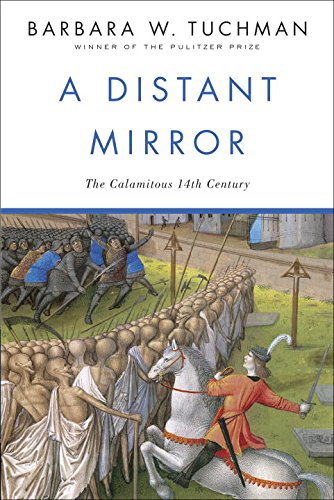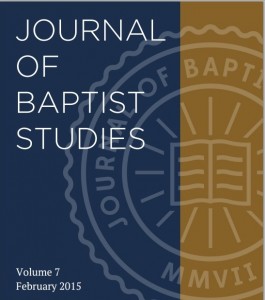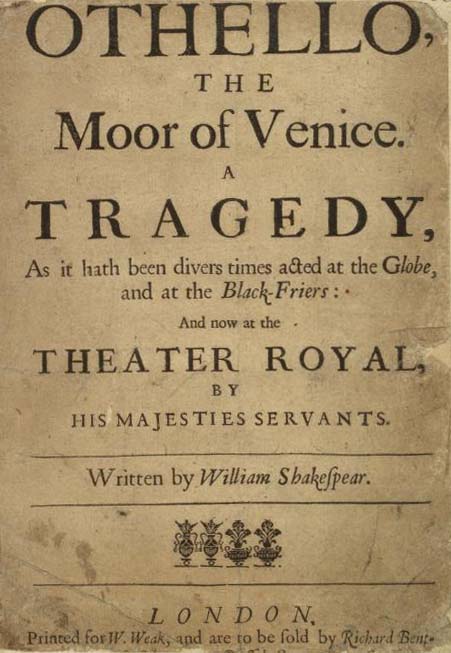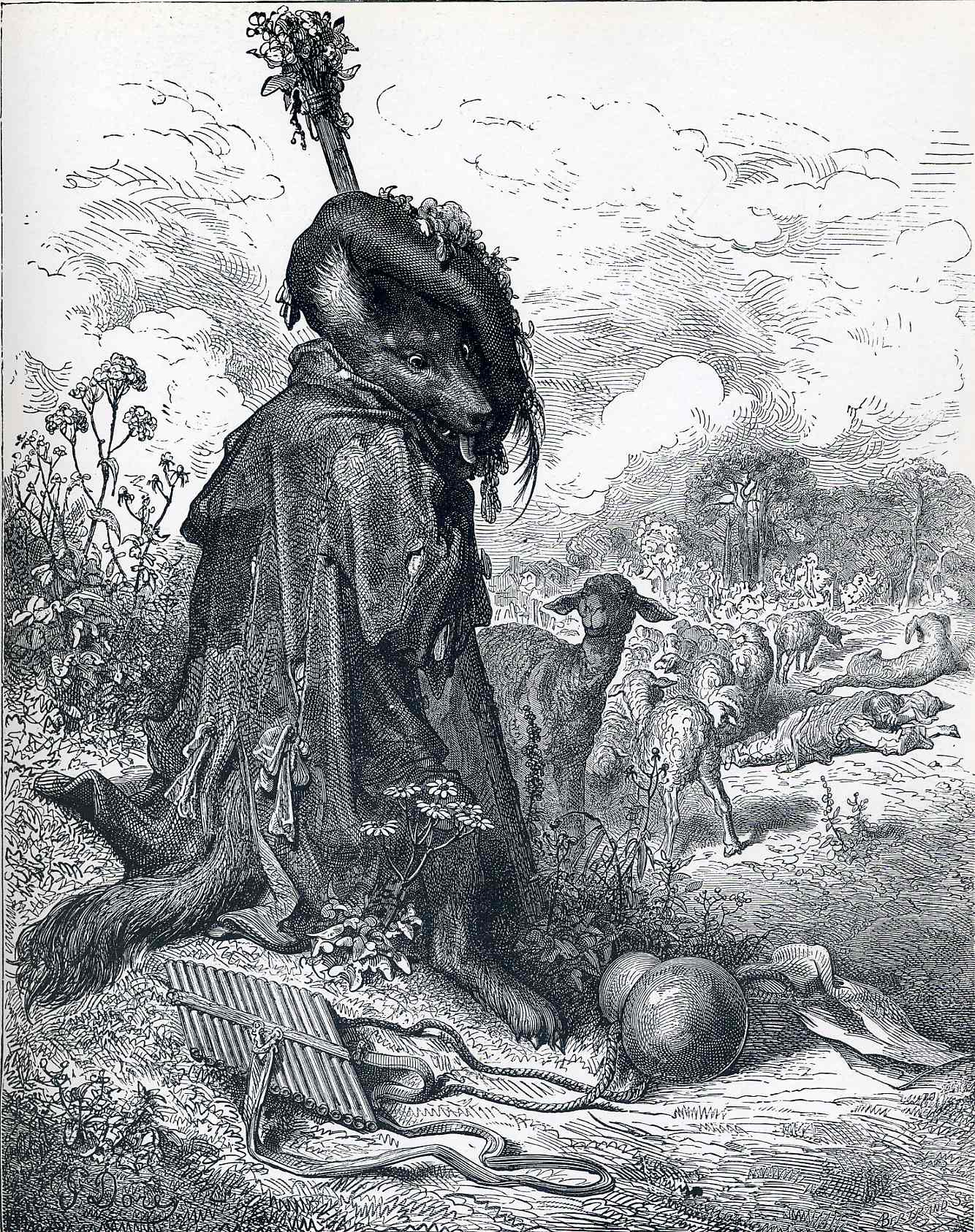“Behold what manner of love the Father has given to us, that we should be called children of God; and so we are”- 1 John 3:1
If you want to judge how well a person understands Christianity, find out how much he makes of the thought of being God’s child, and having God as his Father. If this is not the thought that prompts and controls his worship and prayers and his whole outlook on life, it means that he does not understand Christianity very well at all. For everything that Christ taught, everything that makes the New Testament new, and better than the Old, everything that is distinctively Christian as opposed to merely Jewish, is summed up in the knowledge of the Fatherhood of God. ‘Father’ is the Christian name for God.[1]
[1] J. I. Packer, Knowing God (InterVarsity Press, 1973), 182.
 In his classic biography of Martin Luther,
In his classic biography of Martin Luther,  Barbara
Barbara 
 I just finished reading Shakespeare’s Othello with my sons for school and was once again reminded why Shakespeare is regarded as a genius. He not only had a way with words but he deeply understood the human condition.
I just finished reading Shakespeare’s Othello with my sons for school and was once again reminded why Shakespeare is regarded as a genius. He not only had a way with words but he deeply understood the human condition. On March 20-21 the Ryan Center for Biblical Studies, which I direct, will host it’s 7th bible study conference, aimed at helping people grow in their ability to interpret and apply the Scriptures.
On March 20-21 the Ryan Center for Biblical Studies, which I direct, will host it’s 7th bible study conference, aimed at helping people grow in their ability to interpret and apply the Scriptures.  “When those who have the title of shepherd play the part of wolves, heresy grows in the garden of the Church.”
“When those who have the title of shepherd play the part of wolves, heresy grows in the garden of the Church.”